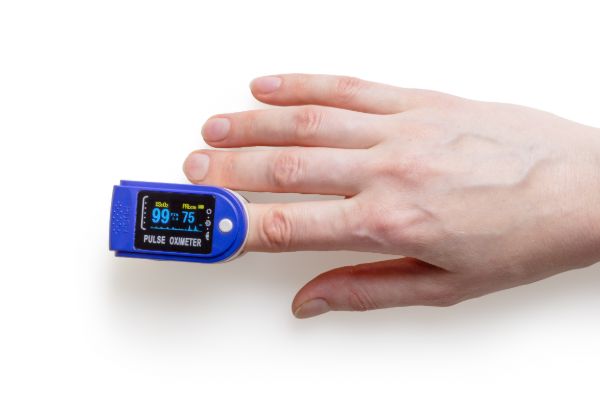Gaza, Palestine – The World Health Organization (WHO) reports that Gaza City’s health care services are about to collapse due to the continuous attack of the Israeli military.
Results of Escalated Violence
 The services of urgent care clinics in the Gaza Strip are on the brink of collapsing due to the escalated violence in the city. The continuous onslaught of the Israeli military raises a lot of concerns, WHO emphasized in a statement. The Ministry of Health and the government are having difficulties in coping with the health system on the occupied Palestinian territory. Medical emergencies are continually increasing, and there are shortages in medicines, hospital fuel supplies, and medical disposables. WHO said that the healthcare debt is also rising.
The services of urgent care clinics in the Gaza Strip are on the brink of collapsing due to the escalated violence in the city. The continuous onslaught of the Israeli military raises a lot of concerns, WHO emphasized in a statement. The Ministry of Health and the government are having difficulties in coping with the health system on the occupied Palestinian territory. Medical emergencies are continually increasing, and there are shortages in medicines, hospital fuel supplies, and medical disposables. WHO said that the healthcare debt is also rising.
Further Damages
Three clinics plus a hospital were damaged as the attack continues on its fourth day. During this time of violence, people will really need an urgent care clinic, especially in obtaining immediate treatment. A water desalinization facility within a refugee camp was also badly damaged. Doctors also stated that health care services and emergency needs of Gaza hospitals could worsen, considering the prolonged disposables and drug shortages. The Israel’s Gaza attack on Friday has claimed the 100th Palestinian life, while injuring 500 other people, said Palestinian medics, although there were no reports of Israeli casualties.
Low Response and Preparedness
Doctor Ala Alwan, the WHO Eastern Mediterranean Regional Director said that there is a very low level of response and preparedness from the health sector. Thus, it raises concerns and the possibility of health care services collapse. The office calls for an urgent care, appealing for a $40 million support for the Ministry of Health. The appeal is intended to provide essential supplies, all for health care needs that will be enough for six months.
Increased Healthcare Needs and Work Load
Al-Shifa Hospital’s head of emergency Dr. Ayman al-Sahbani also claimed that medical supplies and hospital equipment are relatively short at the moment. The increase and pressure of workloads due to the onslaught have affected doctors as well, barely resting and spending time at home. A salary crisis has also affected their services. Dr. al-Sahbani stated that he travels on foot to the hospital since he does not have petrol for his car. As a provider of an urgent care near me service to people in Gaza, Dr. al-Sahbani and other doctors have suffered, one way or the other, along with their patients. The gruesome and increasing situations happening in Gaza’s hospitals need urgent health care services, supplies, equipment, and other medical needs, not a collapse in their health care system.
